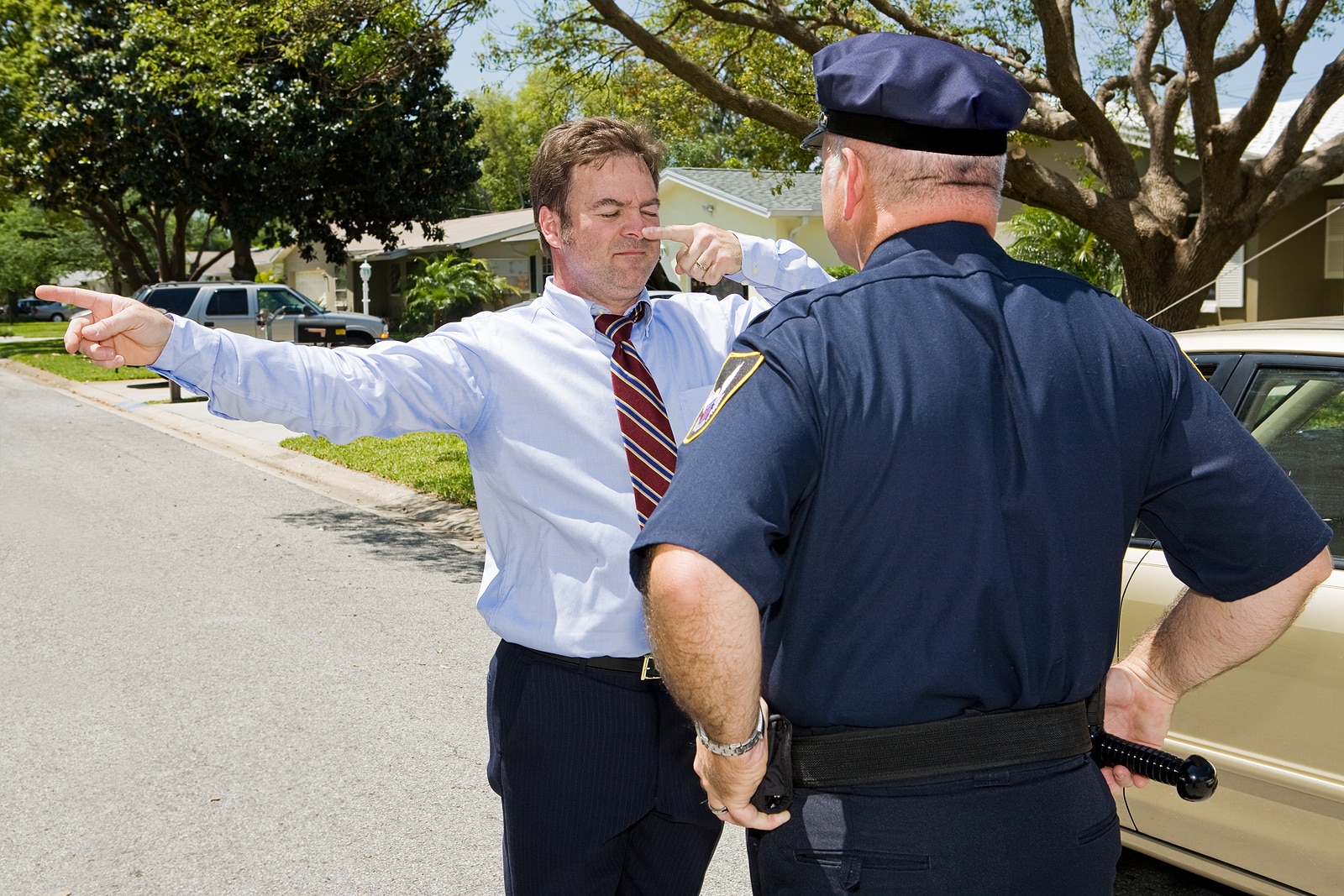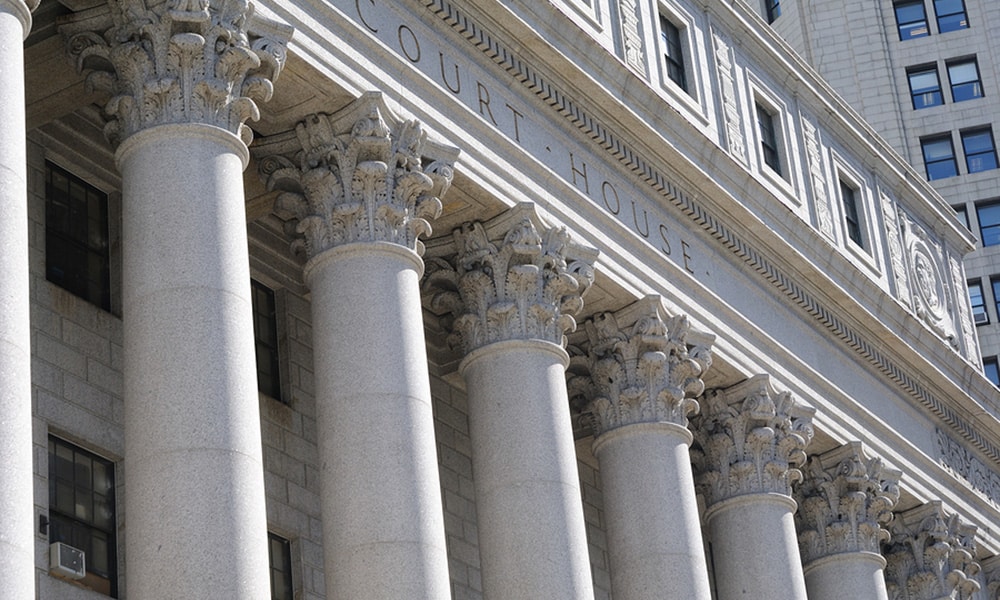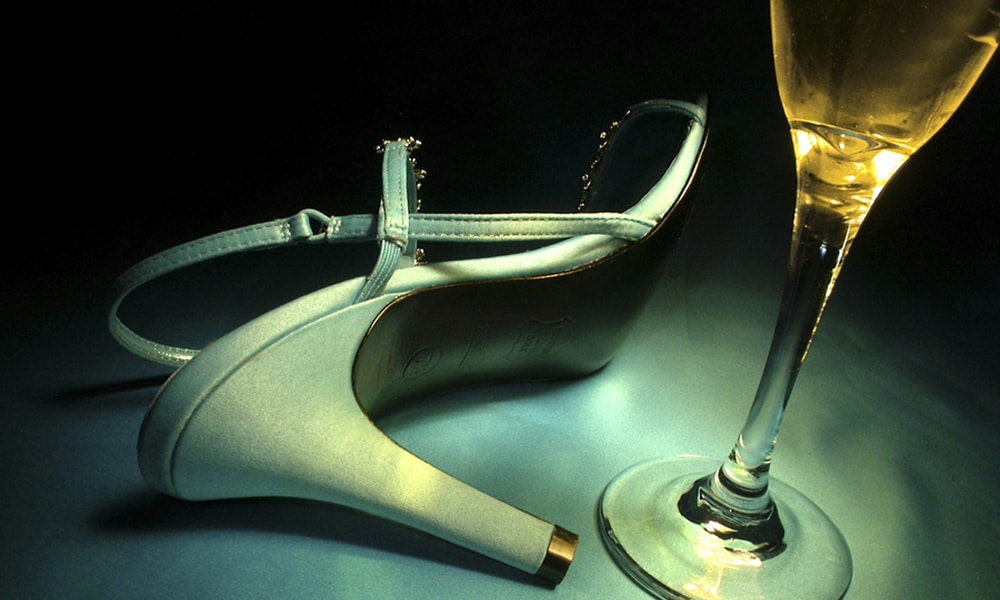What Should You Know About Field Sobriety Tests?
Are field sobriety tests reliable? Can you avoid a conviction for driving under the influence (DUI) even if you fail a field sobriety test? If you are charged with DUI in or near the Denver area on the basis of a field sobriety test, you must contact a Denver DUI lawyer at once.
Every year, scores of Colorado drivers are charged with DUI because they’ve failed field sobriety tests. However, these tests have a reputation for producing unreliable results. Failing a field sobriety test does not necessarily mean that you will receive a DUI conviction.
If you are charged with DUI because you failed a field sobriety test, your Denver DUI attorney may seek to discredit the test results, and then your attorney may move to have your driving under the influence charge reduced or entirely dismissed.
What is a Field Sobriety Test?
Usually, a field sobriety test is actually a series of tests conducted by a police officer to determine if a driver is intoxicated. The fundamental flaws in the most commonly used field sobriety tests have been well-known to judges, lawyers, and police officers for decades.
In fact, if it’s not conducted properly, it can be difficult even for a sober, healthy driver to pass a field sobriety test. The most common field sobriety tests are:
- the horizontal gaze nystagmus (HGN) test
- the walk-and-turn test
- the one-leg stand test
How Does a Horizontal Gaze Nystagmus Test Work?
HGN is involuntary eye movement, which happens when your eyes move as far as they can to the right or left, what’s called “maximum deviation.” When drivers are intoxicated, involuntary eye movements can happen as their eyes turn to the side, before they reach maximum deviation.
When you take a horizontal gaze nystagmus test, you are asked to gaze at a small object, often only a pen or a fingertip, and you are asked to follow the object’s movement with your eyes. As you gaze, the police officer is looking for involuntary eye movement.
The HGN test sometimes indicates intoxication, but it may also indicate that the driver is taking prescription seizure medications or that the driver suffers a neurological or visual disorder. For these reasons and others, horizontal gaze nystagmus tests are often inaccurate.
How Do the Other Field Sobriety Tests Work?
If you take a walk-and-turn test, you will be asked to walk in a straight line, then turn around and walk back. If you take a one-leg stand test, you will be asked to stand – firmly and without wobbling – on only one leg.
Field sobriety tests are still used by most police agencies, but they are clearly subjective. The “results” of a field sobriety test are merely a police officer’s judgment – or an officer’s “hunch.” Anyone could appear to be impaired due to nerves, exhaustion, or a medical condition.
If you are placed under arrest in the Denver area and charged with driving under the influence after failing any of the field sobriety tests, you must be defended and advised by a Denver DUI attorney, and you must schedule a meeting with that attorney as soon as possible.
Does the Law Require Motorists to Take Field Sobriety Tests?
Only two things are required of you if you are pulled over in traffic by the police in Colorado. You must tell your name to the officer, and you must produce your driver’s license and vehicle registration. No law requires you to answer any other questions or to take a field sobriety test.
Additionally, if you are 21 years of age or older, you are not obligated before an arrest to take a breath test with a hand-held breathalyzer device. You have no legal obligation to incriminate yourself, and there are no formal legal consequences for a refusal to take a field sobriety test.
Accordingly, many lawyers recommend that you politely refuse to take any of these tests. Taking the test can provide the police with evidence against you. Be aware, however, that your refusal to test could nevertheless prompt a police officer to place you under arrest for suspicion of DUI.
How Do Lawyers Challenge Field Sobriety Tests in Court?
Your lawyer knows that, at best, a field sobriety test is only evidence of intoxicated driving – not proof. Multiple studies indicate that field sobriety tests are accurate in only about three-quarters of DUI cases. If your own case goes to trial, your DUI lawyer will explain this to a jury.
Your Denver DUI lawyer will also explain to jurors why you may have “failed” a field sobriety test. Your attorney may offer evidence that you performed poorly due to a medical condition, a prescription medication (that did not produce intoxication), fatigue, or another legitimate reason.
A Colorado DUI defense attorney may also (or alternatively) indicate to the jury that the police officer who conducted your field sobriety test was inexperienced or was not properly trained to conduct the test.
What Else Should You Know About DUI in Colorado?
In most cases, a first DUI offense in Colorado is charged as a misdemeanor. The penalties for a conviction include the possibility of days or months in jail, a costly fine, forty-eight to ninety-six community service hours, and a nine-month driver’s license suspension.
Subsequent convictions are punished more harshly, and a fourth DUI offense in Colorado is charged as a felony punishable on conviction with a lengthy prison sentence. But even if it’s “only” a first offense, don’t go it alone. You must have a DUI lawyer’s advice and representation.
Charged With DUI? Let Denver Attorney Daniel M. Murphy Defend You
If you are charged with driving under the influence in the Denver area, currently or in the future, award-winning Denver defense attorney Daniel M. Murphy will bring his years of experience and considerable legal skills to your defense.
His firm has represented clients charged with DUI – and has prevailed on their behalf – in the Denver area since 1996. Attorney Daniel M. Murphy has built a reputation for extraordinary client service and for aggressive, effective defense representation.
Our legal team is ready to help. We will review your case and provide personalized legal advice during a no-cost, no-obligation first legal consultation. Schedule that consultation by calling 303-996-8998, and let attorney Daniel M. Murphy fight for the justice you need.




